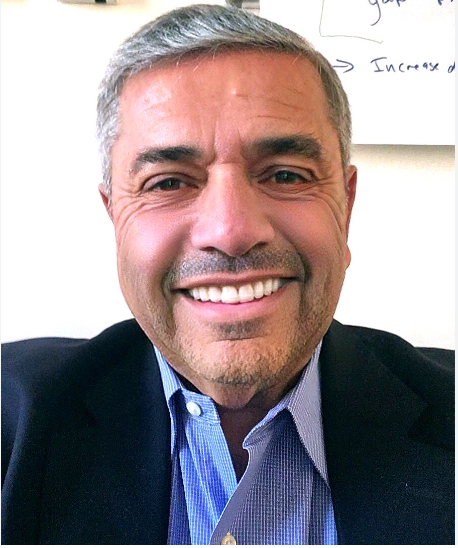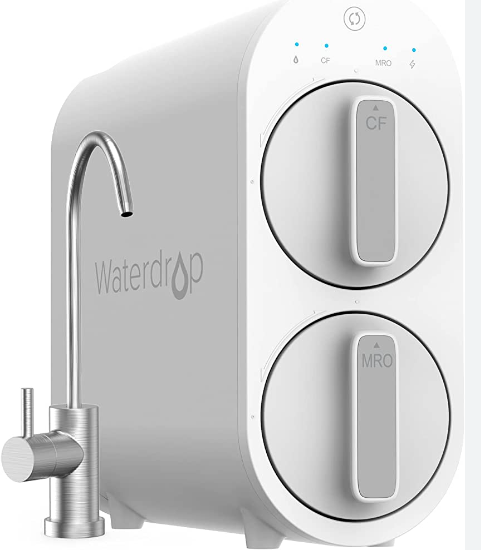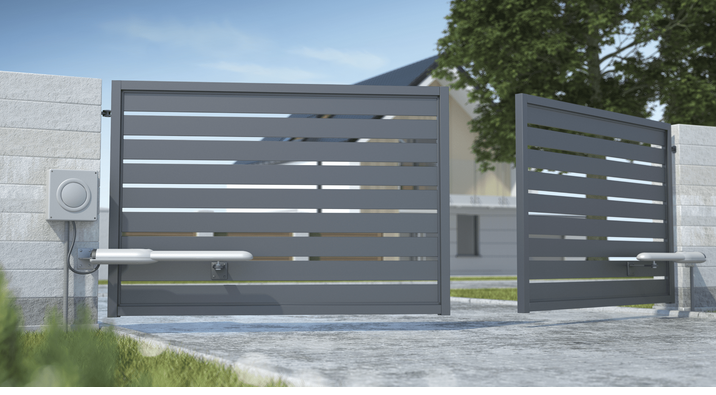
Dr. John Strobeck: When Should You Visit a Cardiologist?
Introduction:
When experiencing heart-related symptoms or having certain risk factors for heart disease, it is crucial to seek the expertise of a cardiologist. Dr. John Strobeck, a renowned cardiologist from New Jersey, emphasizes the importance of recognizing the appropriate times to visit a cardiologist for comprehensive evaluation and care. This article will discuss when you should consider scheduling an appointment with a cardiologist.
Experiencing Heart-Related Symptoms:
If you are experiencing chest pain or discomfort, shortness of breath, dizziness, or other symptoms that could potentially be cardiac-related, it is crucial to see a cardiologist promptly. These symptoms could indicate underlying heart conditions that require immediate attention. If the symptoms are severe and sudden, contacting emergency medical services (EMS) is essential.
Ordered Cardiac Stress Test or Noninvasive Cardiac Imaging:
When your primary care physician or general practitioner orders a cardiac stress test or noninvasive cardiac imaging, it is a good indication to visit a cardiologist. A stress test evaluates the heart’s response to exercise, aiding in the diagnosis of conditions such as coronary artery disease, heart failure, or arrhythmias. Noninvasive cardiac imaging tests, such as echocardiograms or nuclear medicine scans, utilize sound waves or computer imaging to provide detailed information about the heart’s structure and function.
Presence of Risk Factors for Heart Disease:
Having specific risk factors for heart disease warrants a visit to a cardiologist. Risk factors can include a family history of heart disease, high blood pressure, high cholesterol levels, diabetes, obesity, or a previous heart attack. Cardiologists specialize in assessing and managing these risk factors, providing personalized strategies to mitigate the risk of developing heart disease or prevent its progression.
Monitoring Changes in Heart Rate or Blood Pressure:
If your primary care physician or cardiologist wants to monitor changes in your heart rate, rhythm, or blood pressure over time, they may recommend the use of an electrocardiogram (ECG) monitor. This device can be worn on the wrist or inserted subcutaneously to record the electrical activity of the heart continuously for 24 hours or longer. By monitoring these parameters, cardiologists can assess any abnormalities and adjust treatment plans accordingly.
Conclusion:
Visiting a cardiologist is crucial in various situations, including experiencing heart-related symptoms, undergoing cardiac stress tests or noninvasive imaging, having risk factors for heart disease, or requiring long-term monitoring of heart rate or blood pressure. Dr. John Strobeck advises individuals to be proactive in seeking specialized cardiac care to ensure timely diagnosis, effective management, and optimal heart health. By collaborating with a cardiologist, patients can receive personalized treatment plans tailored to their specific needs, leading to improved outcomes and a reduced risk of cardiovascular complications.




